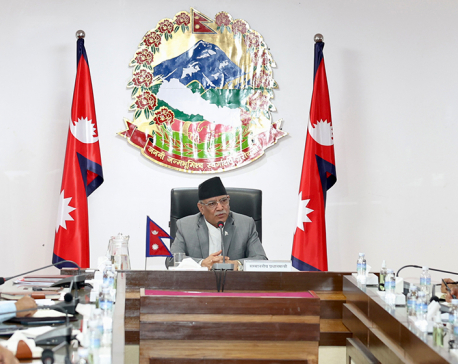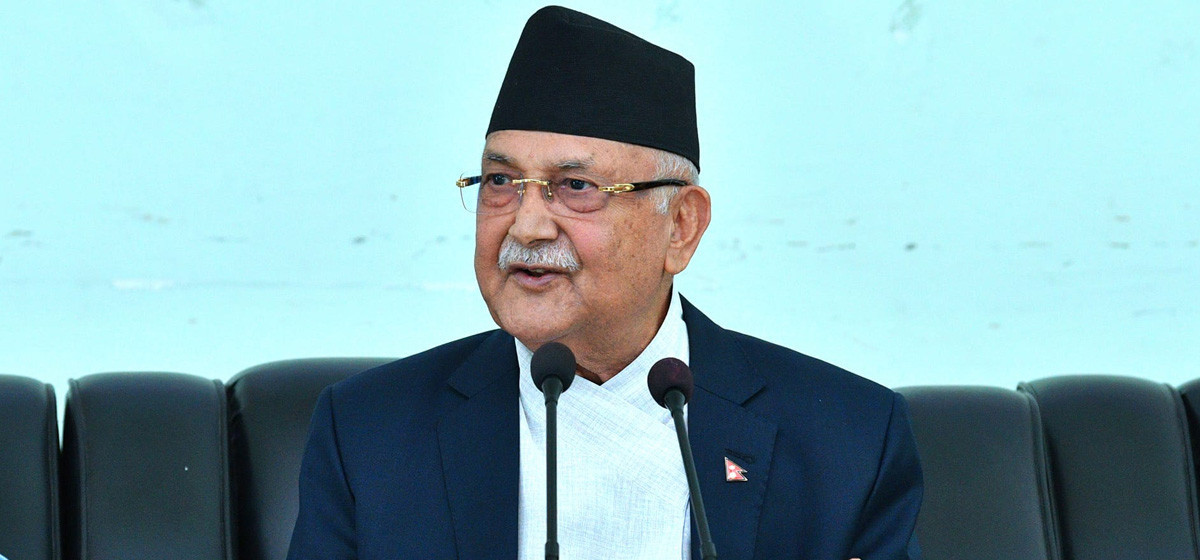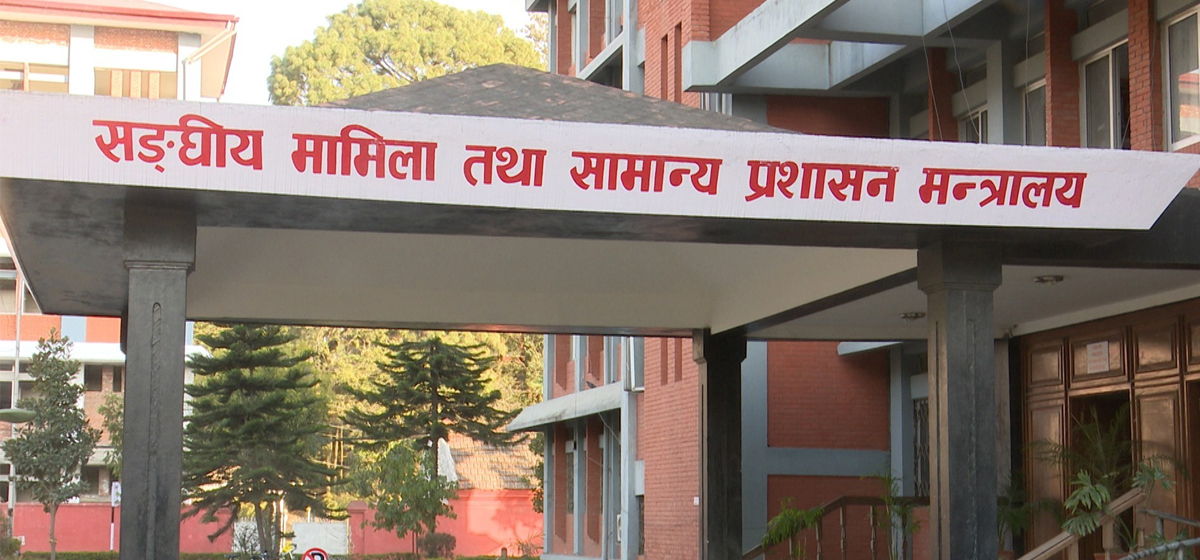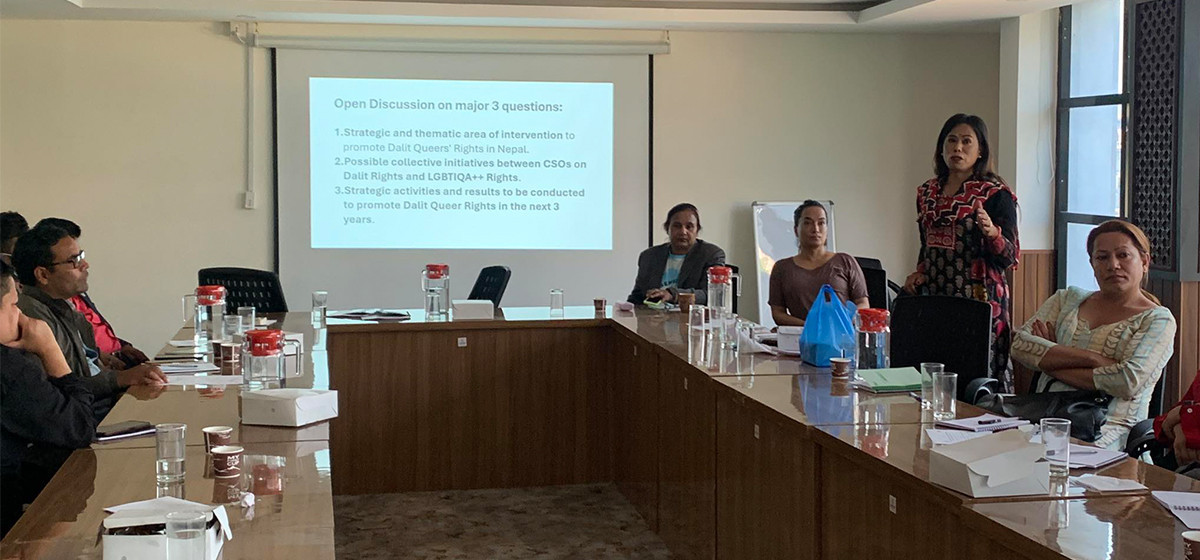
OR

Here are issues related to B737Max, decision about ending A380 production and stalling of Jet Airways
Being a CEO of NRA is a difficult job, more so as the position entails policy makers breathing down your neck all the time.
Thought it will be better to review the year just passed considering some notable aviation happenings. It intends to bring out cases about lack of sensitivity and poor foresight on the part of aircraft makers and the consequence of using different working models while running an airline. Naturally, re-evaluating flawed performances offers lessons only if one is able to survive in business even if hurt. Ongoing issues related to B737Max, decision about ending A380 production and stalling of Jet Airways will be briefly dealt in that order.
Not just airlines with their B737sMax fleet grounded but also those awaiting new deliveries, are not quite sure when it will eventually be cleared to fly. B737Max was a rushed job to catch up with A321neo that Boeing’s customers were falling for. Max is known to have encountered unwarranted “nose-up” tendency that could not be undone without a “covert fix” to make it function as like the B737NG that pilots were familiar. Since the software acted to get the “nose down” automatically, as it deemed necessary, Max designers thought that it was irrelevant for pilots to know about this. Honchos at Boeing possibly assumed the software solution to be well beyond the realm of Murphy’s Law which basically states anything that can go wrong, howsoever remote the chance may be, will go wrong.
It was unpardonable for Boeing to have blamed unrelated factors in Lion Air crash (Oct 2018) even if they knew the reason right away. Boeing kept on claiming Max was perfect. It waited until the Ethiopian accident (Mar 2019) and acted reluctantly only after countries started grounding Max unilaterally. Had it acted responsibly, all the 157 who met an untimely death could have been living. The same would have been the case for all 189 in the Lion Air flight, had Boeing not compromised safety over profit knowingly.
The A380 or the “super jumbo” was a technical marvel and it offered passengers comfortable, uncongested and quieter long/ultra-long haul flying experience. A380 has latest state of the art technology than B747. Having seen how B747 had thrived Airbus decided to jump head into the very large aircraft (VLA) project. But there was significant difference between projected demands for VLA, Airbus believed 1,235 as reasonable figure by 2019 while Boeing was far less optimistic at nearly a fourth of that. Airbus had based its assumptions on the trend of flights between world hubs to continue. But the market was undergoing gradual change with increasing availability of twin engine wide bodies that could fly “point to point”.
The basis of assumption was already clouded with hubs losing their traditional stronghold; B747 never faced such threat when it began flying. The reason for A380 coming this far entirely goes to the Emirates for having committed its own growth based on it. Airbus needed Emirates as much as Emirates needed Airbus. Besides, innovative improvements in engine technology made new aircrafts not just more fuel efficient and powerful but also far more economical to maintain. It was naturally cheaper to maintain twins than quads. Passenger trust also played a big part as they were quite comfortable flying long hours over open seas in twins. In February, 2019Airbus announced it will be stopping production in 2021 due to scant orders. Emirates, on its part, decided to replace its last orders for 39/A380 by newer twins like A350s and A330neos.
Another big surprise was the collapse of Jet Airways in April, which otherwise seemed to be doing well and expanding. Burdened with debt in excess of $1.2 billion and dwindling revenue, it suddenly left lending banks, leasing companies and even employees high and dry for failing to pay their dues.
Begun in 1993 Jet Airways was an extraordinary growth story in the evolving Indian aviation market. It is said that Jet’s first misstep began with the buying out of troubled Sahara Airlines in 2007 at a price well above its real worth. Even as it was a full-fledged carrier, it also maintained a low cost carrier (LCC) wing. They say, in business one has to keep on expanding, if not you become a dwarf as others around you grow. Jet probably felt the same pressure and it ventured into international arena in a big way by ordering 22 wide-bodies to be delivered in eighteen months. Naturally, it took a toll of its finances. It had also faced near death situation in 2013 but that time around Etihad came to its rescue with cash in lieu of shares. The situation got progressively worse as Jet was neither able to increase fares, nor take up far reaching cost cutting measures as required. As such, it ended having bitter relations with aircraft leasing companies, banks and even its employees. In April 2018 Jet finally suspended its operation until further notice.
It is generally the head of business who shoulders the final responsibility, depending on how it goes, for the company they happen to lead. The above stories bring out the role played by each of them in a starkly different ways. As for the first one, documents submitted by Boeing to US Government committee seem to point to a very disturbing image about issues particularly that related to Max’s certification and the justice department has initiated criminal investigation into this. Boeing is currently struggling to improve relations with FAA and other international regulators as it needs to reassure all concerned that the inherent flaws in Max have been dealt with effectively and that there will be no “breach of trust” as regards to safety in future. The resulting firing of its chief executive Dennis Muilenburg recently was taken as too little too late by many including the families of victims.
A380 was the outcome of European aircraft maker’s intention to emerge as a serious player against the American rival. But strangely Airbus ended fitting A380 (A388) with heavier wings suitable for bigger A389 that it hoped will follow next. As a consequence, airlines had to bear flying constantly with over weighted wings than “payload”.
The role played by Sir Tim Clark, as the president of Emirates in plotting its growth trajectory had stunned everyone in airline business. Clark, an aviation veteran, had big influence in A380 project given that Emirates is the largest customer. Tim will be retiring in mid-2020 after some 35 years. He has been credited with its phenomenal growth and it is difficult to imagine now that Emirates actually started by leasing B727 from PIA. Appreciating his services and wisdom Emirates has decided to hold on to him as its advisor. While Jet Airways, as Naresh Goyal’s own baby, collapsed under its own weight as he tried fighting simultaneous war at different fronts resulting in his own downfall.
The job of a CEO or chief in airline business is more like playing “Snakes and Ladders”. We saw how serious commitment and dedication of Tim Clark worked wonders for Emirates. He climbed the ladder based on his own sheer hard work with clear foresight and got duly rewarded even when retired. As for Muilenburg it was sheer arrogance and deceit prevalent at Boeing that the snake caught with him finally.
Coming back to our own courtyard, RA is a public company and being its CEO is difficult job. More so, as the position entails policy makers breathing down your neck all the time. And one is still expected to do best competing with all other players of different shape and bearings from different countries with far better resources at their disposal. Getting a swift ladder climb, one instant, or being swallowed by snake next, depends essentially how diktats get treated. The game has been played many times over by many different actors. Wish that Murphy’s Law was formulated other way around as “anything that can go right, howsoever remote the chance may be, will go right”. It would have been just perfect for us!
You May Like This

Why Federalism has Become Risky for Nepalese Democracy
The question arises, do federal or unitary systems promote better social, political and economic outcomes? Within three broad policy areas—political... Read More...

Nepal's Forests in Flames: Echoes of Urgency and Hopeful Solutions
With the onset of the dry season, Nepal's forests undergo a transition from carbon sinks to carbon sources, emitting significant... Read More...

Live and let die, Sarkaar!
Some time ago, in a dazzling display of our Prime Minister’s political finesse, he revealed yet another populist spectacle; his... Read More...



Just In
- UML Chair Oli appeals vote for Nembang
- APF seizes illegally imported 152 sacks of onions and 32 units of mobile phones from Dhansuha
- 80 civil servants left in the lurch as MoFAGA places them in reserve pool
- Weather Alert: Storm likely in Lumbini and Sudurpaschim
- NOC investing Rs 3 billion to construct fuel storage plants of over 9,000 kl capacities in Bhairahawa
- Reflecting on a festive journey filled with memories and growth
- Dalit sexual and gender minorities lack representation within their own communities and groups
- Nagdhunga-Sisnekhola tunnel breakthrough: Beginning of a new era in Nepal’s development endeavors

















Leave A Comment